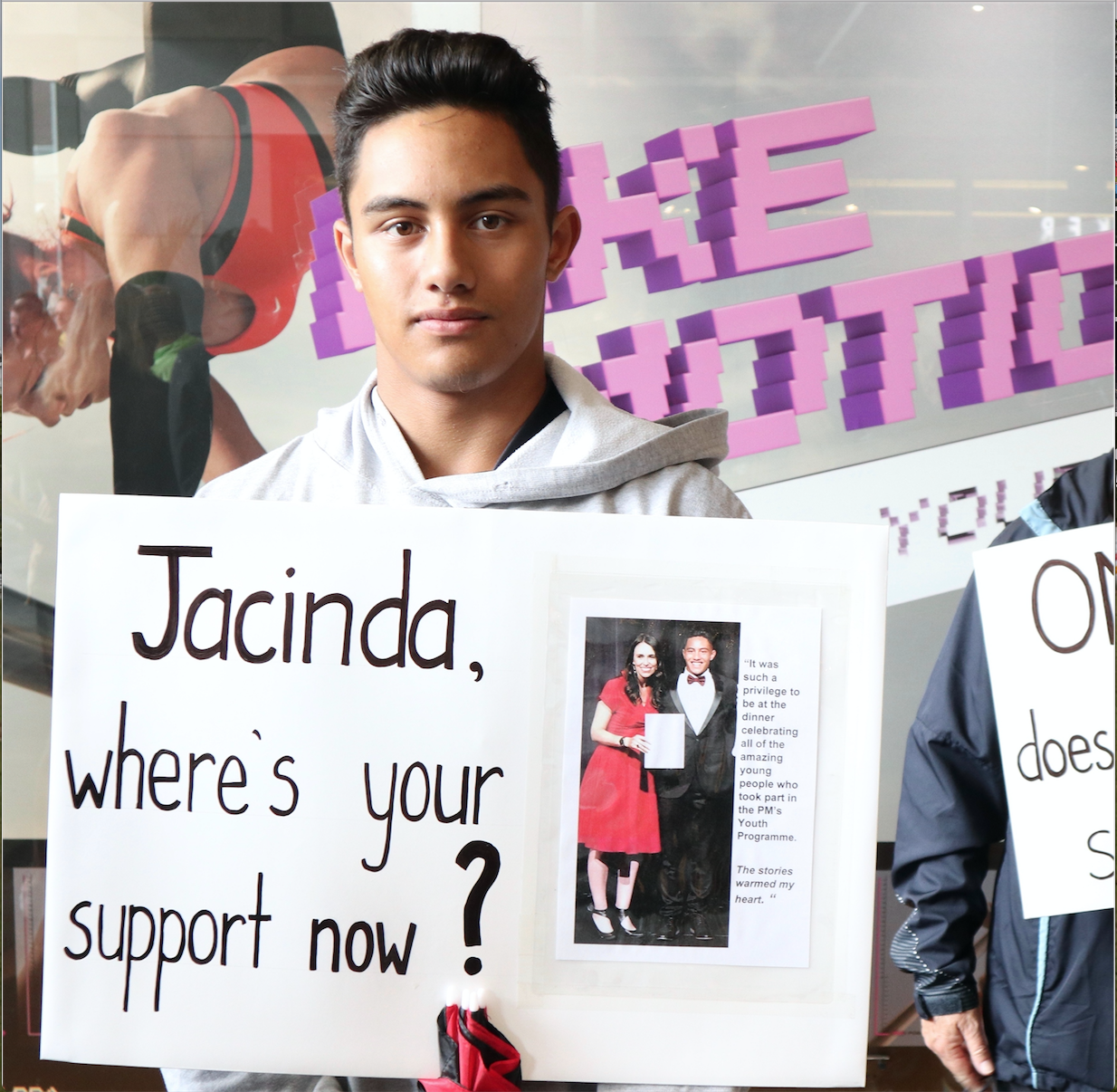Alwyn Poole
innovativeducation.co.nz
In an affluent country like New Zealand children are in material deprivation for one of two reasons. Either their parent(s) are not earning/receiving enough money in a relatively high-cost nation or they are not spending what they have in an effective and appropriate way.
Anyone who employs in the private sector knows that there is a single determinant for employing someone: Can they earn for us more than they cost us? The answer to this question depends very highly on education/qualifications, work experience, and personal characteristics.
The key to an affluent society for all is the quality of your education system – especially for lower socio-economic children – so you can build, not a fence at the top of the cliff, but a ladder of aspiration. Our education system is massively failing these children and families and successive governments have done so little about it that it is criminal.
I listened to commentators yesterday when the new child poverty figures were released. Andrew Beecroft simply wanted to give them money because the government had a surplus (I presume he would take money back when there is a deficit). Others wanted to feed and clothe ALL students in schools. Others wanted benefits to rise by up to 40%. No one mentioned solutions that would have each and every cohort leaving school with qualifications and pathways that are balanced across ethnicity, socio-economics and gender. A solution that empowers people to look after themselves and their families – and not to be perpetual victims.
Every year a cohort leaves our school system and we have either enabled eagles or provided a pathway for lemmings. Research shows the major determinants of school success are family wealth and the educational background of parents. For many Maori, Pasifika and low-income children this is a cycle that needs to be smashed by our education system. No government in the last 30 years has shown any genuine intent to fix it and the current state of inequity in qualifications is the worst it has ever been. As investigative report Kirsty Johnston showed last year:
Only one in 100 entrants to our elite university courses come from the most deprived homes … One university took only a single decile one entrant – out of more than 2,000 – into its engineering programme in five years. At the same time, it took more than 500 decile 10 students.
The 2019 New Zealand attendance statistics show only 58% of young people even regularly attending school and having only 20% of Maori and Pasifika students achieving UE is reinforcing patterns.
To solve “child poverty” changing education outcomes is the major tool and everything else is band-aids. To generate high earning and education savvy parents through all societal sectors for the next generations requires the political courage to powerfully target our systemic faults.
- Super-fund the decile 1-3 schools and be demanding of their outcomes.
- Provide Principals in those schools with a Business Manager to take care of resourcing, contracts, etc – allowing them to fully focus on academics.
- Trust these Principals with significant incentive payments to attract and keep great teachers.
- Limit class size to 15.
- Help the families – provide uniform, stationery and IT and don’t ask for donations.
- Make every year urgent in these schools but also have a 13-year plan so that by the end of that these young people, who will go on to parent the next generation, are genuinely thriving.
The secondary teacher shortage is qualitative as well as quantitative. To attract great degree graduates and second career people they must be paid to train as it is no longer tenable to have them without a year of income in a high employment economy.
Just giving people more money is not a solution. In economics, there is a statistic for when people receive extra income that shows percentage spent vs saved. In New Zealand, we need a statistic to show that if benefits are increased what portion will go to effective spending on the material situation of the children. Poorly targeted interventions are of no use what-so-ever.
Some band-aids are important. Schools should have the means to provide targeted assistance to children who come to school hungry or inadequately clothed. Lotto should go! By no means should the cannabis referendum pass. The government needs to think a lot harder about disproportionate taxes, excise duties and housing regulations that impact those will far less choice.
This article was first published by educationcentral.co.nz
If you enjoyed this BFD article please consider sharing it with your friends.

